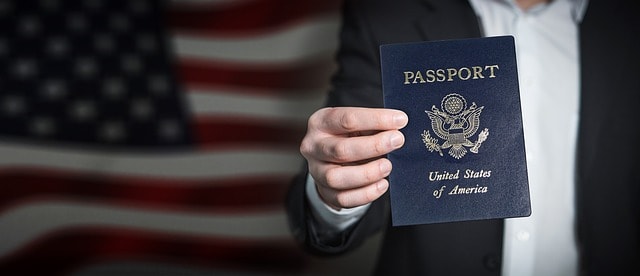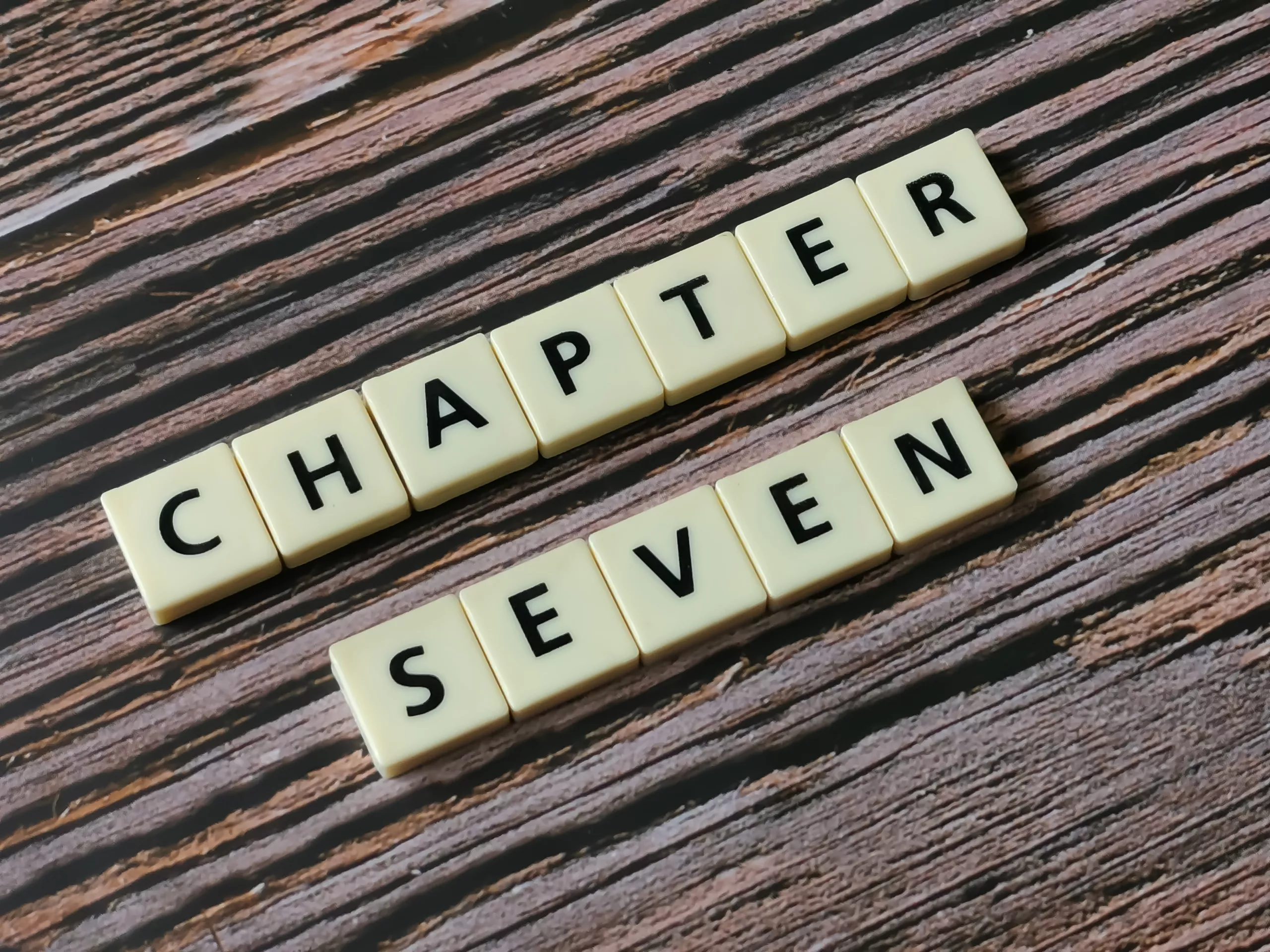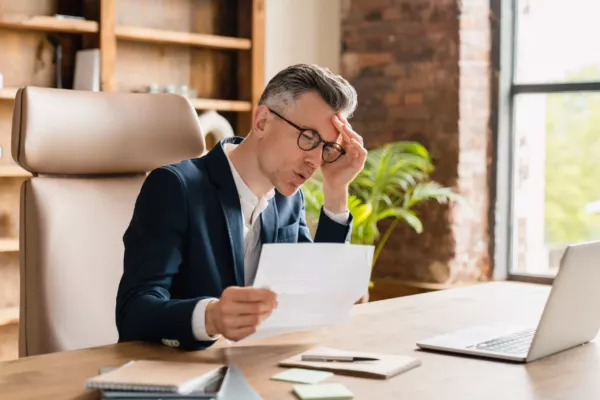Debtors get protection from persistent debt collection efforts when they file for bankruptcy under Chapters 7, 11, or 13. These types of bankruptcy trigger “automatic stay”, an injunction that halts all debt collection activities. With an automatic stay in place, creditors and collection agencies must immediately stop all collection efforts. When you file for bankruptcy, you are spared from the harassment of further phone calls and correspondence. You are also spared from collection lawsuits. or the threat of them, wage garnishment, and lien filings.
Many people file for bankruptcy mainly to trigger the automatic stay. A debtor could certainly use anxiety relief as well as the chance to fix his or her financial affairs. It helps without the pressure from persistent debt collectors. More than that, however, the bankruptcy process offers a fresh start by discharging the filer’s debts.
What Can the Automatic Stay Do for You?
Being in debt could cause you foreclosure, basic services disconnection, loss of employment because wage garnishments, and other unpleasant consequences. The automatic stay allows you to hold off the disconnection of utilities and other services for 20 days; stop your pay from being garnished unless it’s for child support, alimony, or another high priority debt; as well as temporarily prevent foreclosure and eviction.
 You should realize, however, that there are instances wherein the stay won’t stop an eviction, such as in cases wherein the landlord has already secured judgment of possession or there are claims against the tenant of endangering the property or using controlled substances.
You should realize, however, that there are instances wherein the stay won’t stop an eviction, such as in cases wherein the landlord has already secured judgment of possession or there are claims against the tenant of endangering the property or using controlled substances.
When it comes to foreclosure, you have to be strategic about which bankruptcy chapter to file under. Both Chapters 7 and 13 trigger the automatic stay. You might find, however, that the Chapter 13 automatic stay is more beneficial than that of Chapter 7. Chapter 13 bankruptcies offer debtors more tools to keep their homes. If you file under Chapter 7, however, your creditor may still continue with the foreclosure. You need to agree on a debt repayment plan or some other official debt settlement arrangement.
Proceedings Where the Automatic Stay Doesn’t Apply
Filing for bankruptcy doesn’t always offer a complete blanket of protection. The automatic stay clearly has its limitations. It just doesn’t apply in cases with certain non-dischargeable debts. What are the proceedings and actions that remain unaffected by an automatic stay? Here are some examples:
- You still have to repay loans from certain work-related pensions. Even with an automatic stay, a portion of your paycheck may be withheld for not making payments.
- You will still have to go through criminal proceedings even in cases involving debt, although your case may be separated into two parts: debt repayment and criminal.
- You cannot stop the IRS from auditing you or demanding a tax return. Although the stay would prevent the IRS from seizing your property and issuing a tax lien.
- Your creditor can still pursue a lawsuit against you if it involves collecting, establishing, or modifying alimony or child support.
Removing the Stay
One of your creditors may ask to lift the automatic stay. This is usually done in cases where the filers are tenants who filed for bankruptcy just as they were about to be evicted for not paying rent, their arrears and whatever was due. Their landlords may ask for the court to be lift the stay. Secured creditors may also go to court to request lifting the stay in cases where their debtor filed bankruptcy just as they were about to repossess the collateral for lack of loan payments over time.
Curious about Bankruptcy Protection? Contact a New Jersey Bankruptcy Attorney Today!
If you want know what protections you can expect from a bankruptcy filing, consult a bankruptcy lawyer. For legal advice and guidance toward debt relief, call us at Lucid Law.



